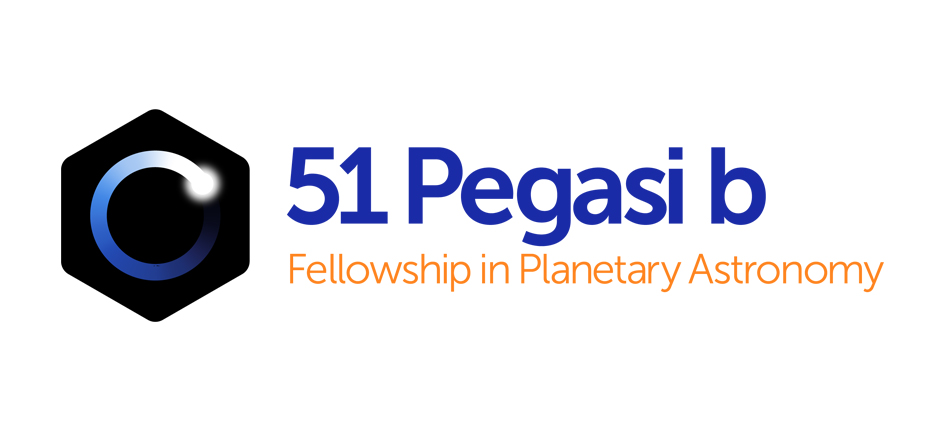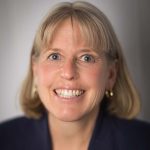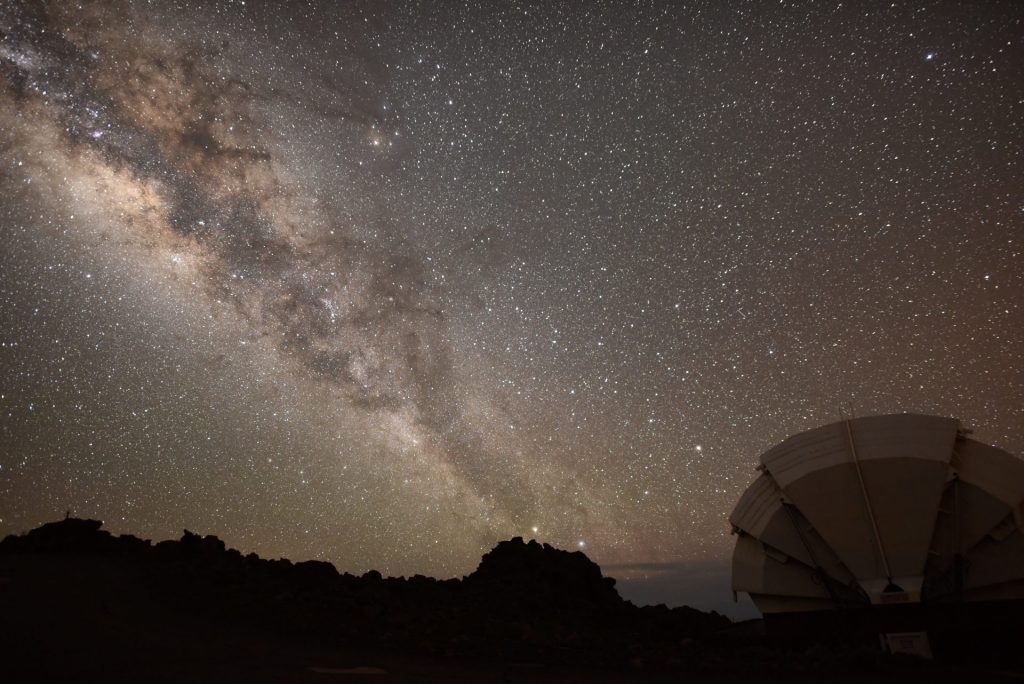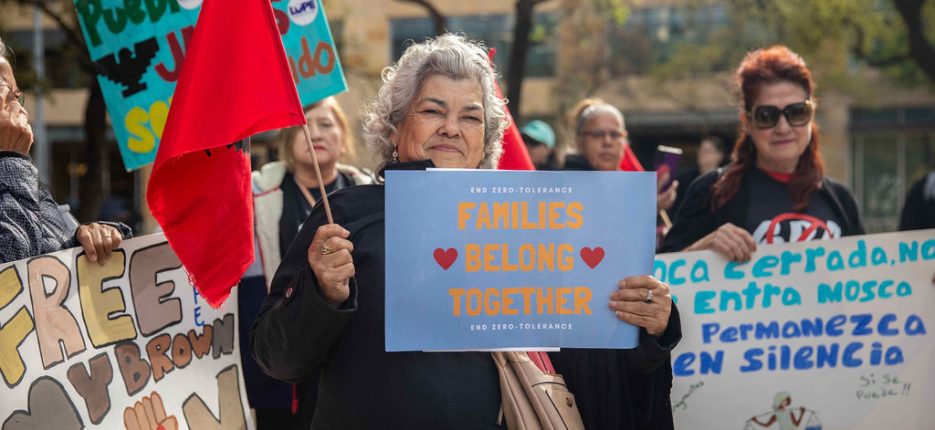Today the Heising-Simons Foundation is thrilled to announce the latest cohort of 51 Pegasi b Fellows. These six fellows represent some of the best and brightest minds launching careers in planetary astronomy, and we are humbled to play a small part in helping develop their talents.
At the same time, the Foundation’s Science program would also like to share the improvements we have made to the fellowship to move the application, review, and award processes towards more inclusive and equitable practices. Over the past year, we reviewed evidence-based best practices; gathered feedback and guidance from scientists in the field and experts in STEM diversity, equity, and inclusion; and implemented many changes at every stage of the process.
A few of the major changes incorporated:
Changing to an open application process. All interested postdoctoral candidates applied directly to the Foundation, denoting up to three universities at which they would like to conduct their research. Receiving the application materials directly allowed the Foundation to understand what motivated candidates to apply and to track important demographics throughout the process.
Adding a diversity, equity, and inclusion (DEI) statement to the application requirements. Every applicant was required to discuss their demonstrated personal experiences, professional skills, and/or willingness to engage in activities that would advance DEI in the field. This statement was one of six parts of the scoring rubric on which each candidate was evaluated by the review panel.
Asking each university to document its review and selection process of potential candidates, including how it addressed DEI in its process. Once the Foundation received all applications from candidates, each university was sent a list of the potential postdocs asking to be hosted there and was also asked to document the process by which it chose a group of five potential candidates.
Revamping the panel review, including having the in-person review facilitated by a nationally recognized STEM diversity, equity, and inclusion expert. We used multiple techniques to address the panel reviewers’ bias literacy, avoid decision fatigue and unconscious biases, and base decisions on evidence. We also created a cohort that is diverse in multiple aspects, including scientific area, demographics, and host institutions.
Syncing our decision calendar with other major fellowship programs. We moved our notification of awards and acceptance deadlines to coincide with other major programs to allow candidates full knowledge of their options before making decisions.
In addition, the first-ever 51 Pegasi b Summit, held in August 2018, included a panel and breakout session on diversity, equity, and inclusion (with full participation from more than 50 attendees). This will become standard practice moving forward, as we strive to share evidence-based best practices with fellows, researchers, faculty members, and university administrators in the field.
Have we made progress? We hope so. It was gratifying to know that many of the panel reviewers planned to take the techniques back to their departments to improve their own practices in recruiting graduate students, postdocs, and faculty.
Do we have more progress to make? Definitely, especially with regard to increasing access from other under-represented groups in astronomy. As a result, we are working with the astronomy community at large to help address the specific barriers and challenges at play.
And, finally, we want to thank our many colleagues who phoned, emailed, and met with us in person to help improve the application, review, and selection processes of this fellowship program.
To learn more about the 2019 Class of Fellows, click here.





